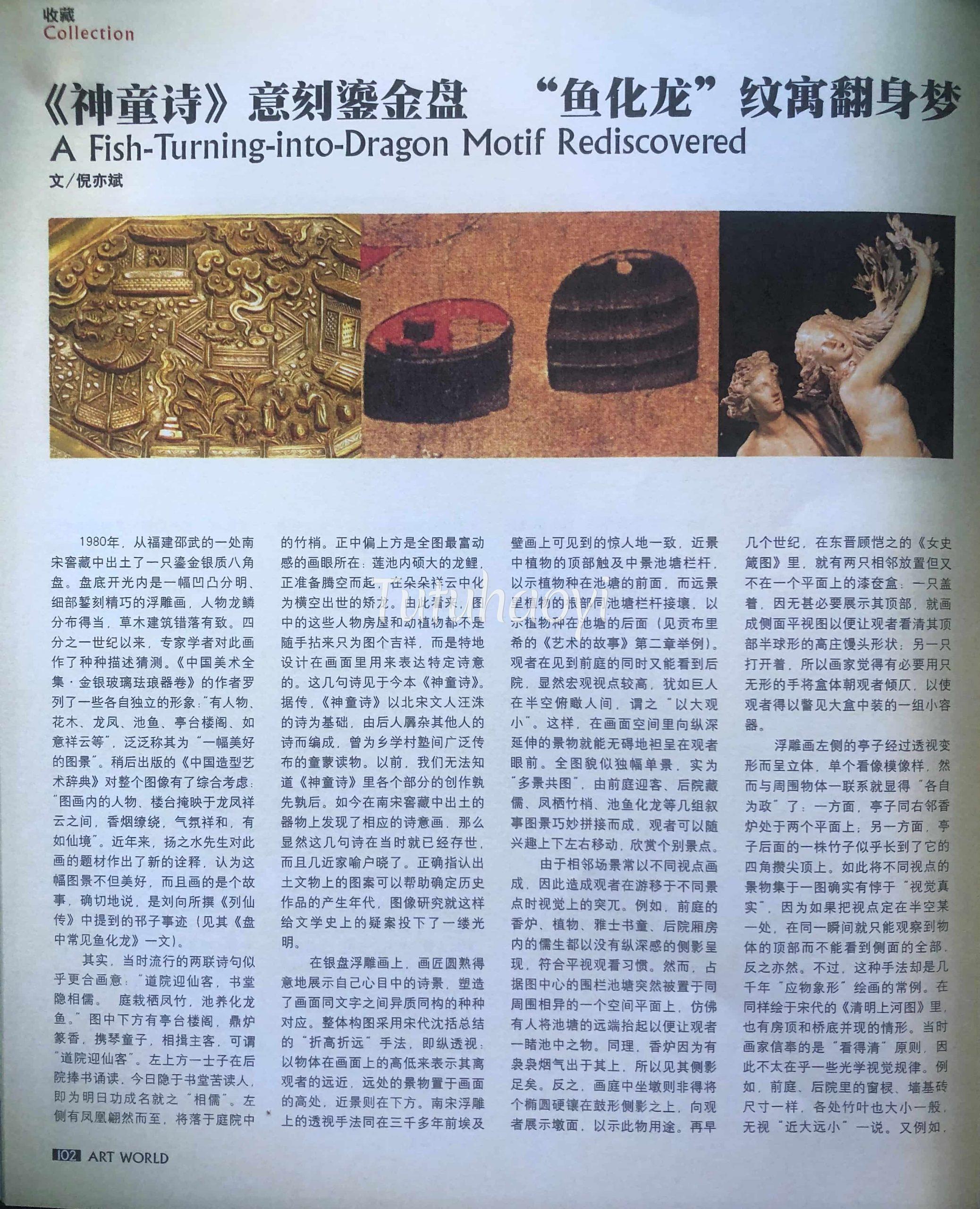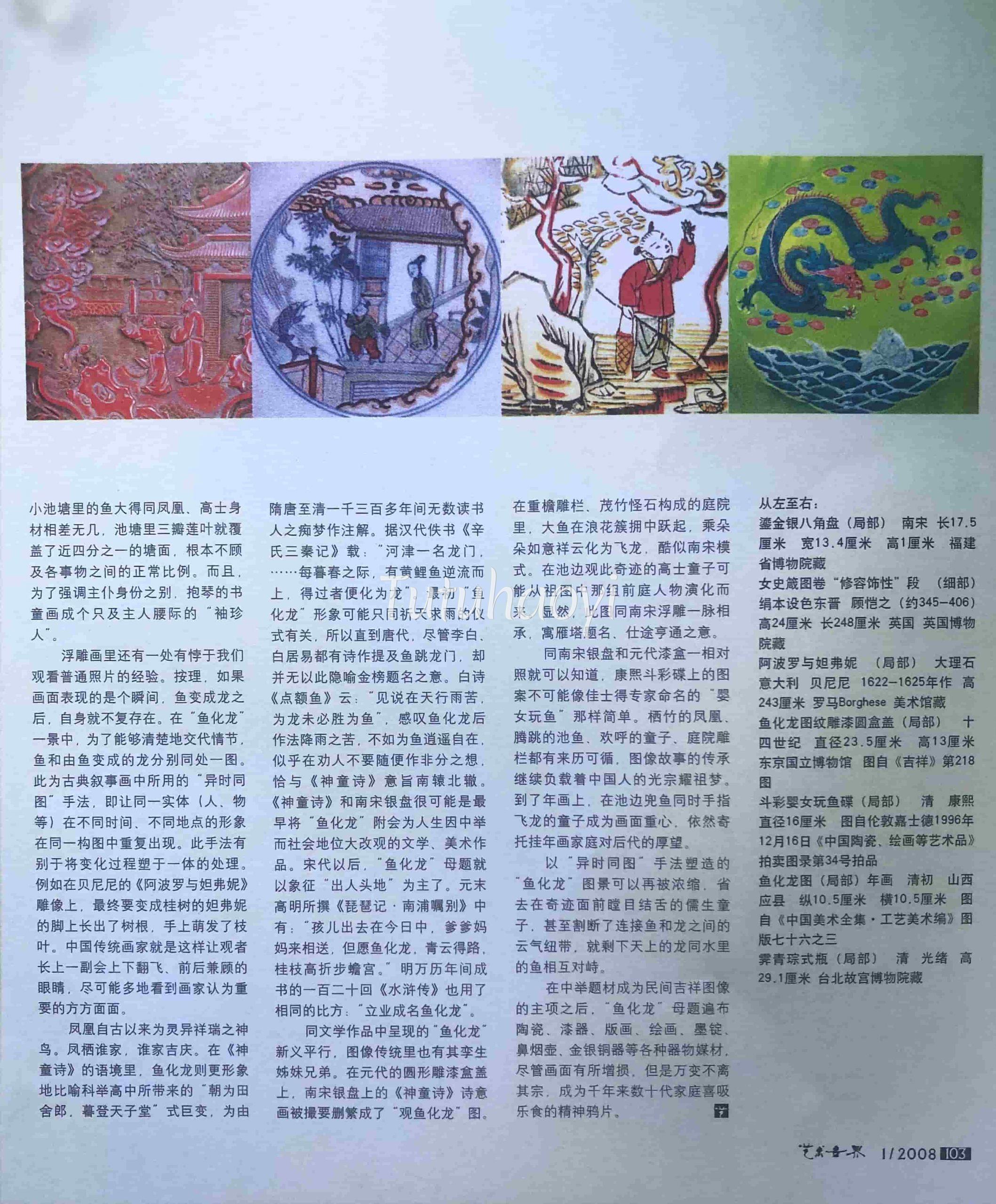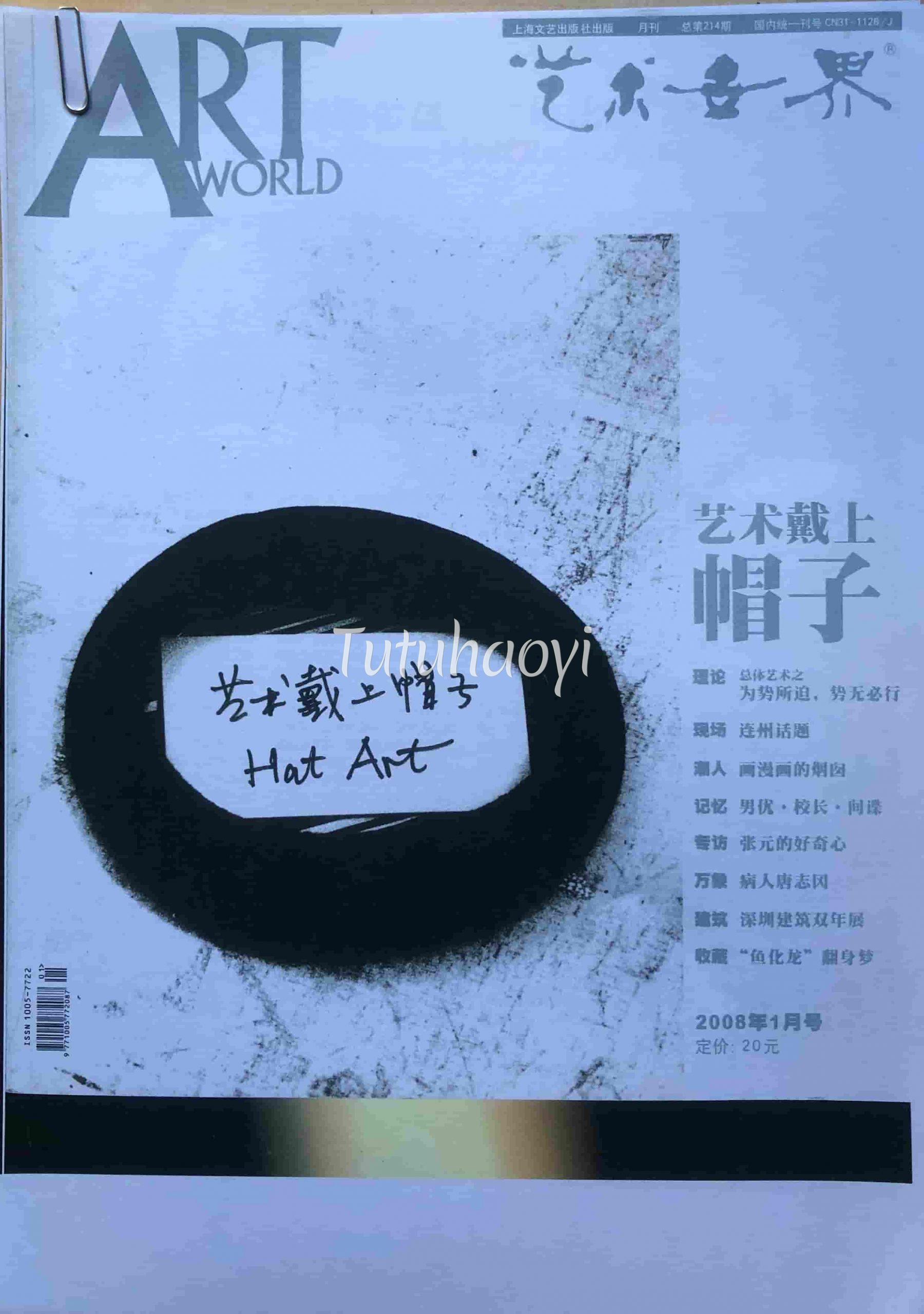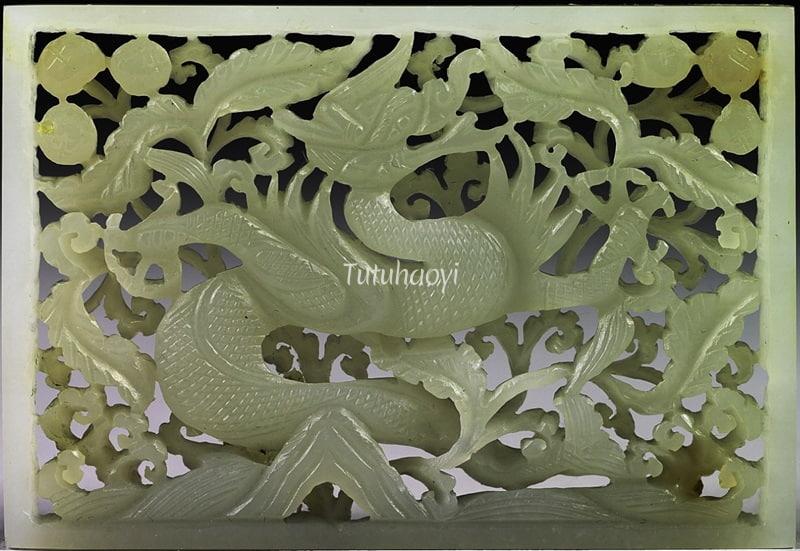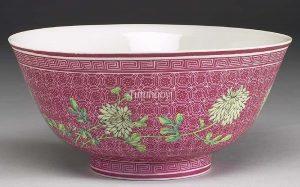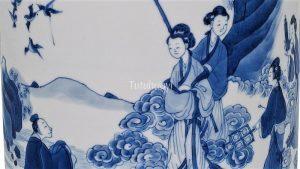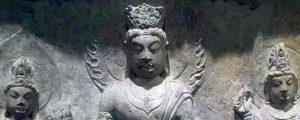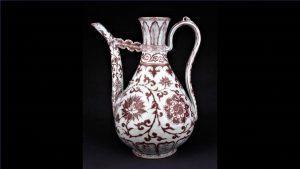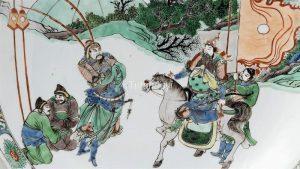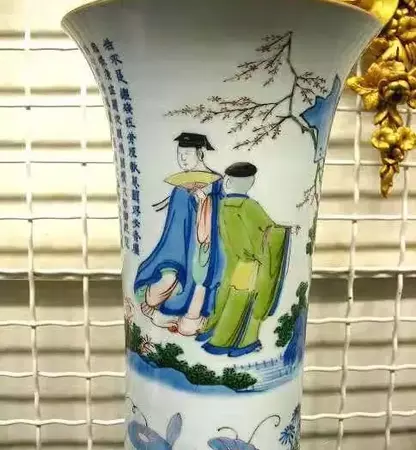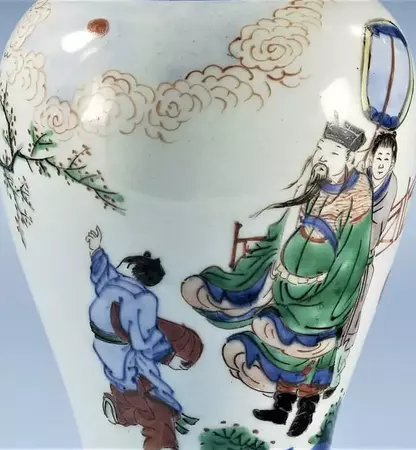[Excerpt of the conversation between the Editor of Tutuhaoyi and Dr Yibin Ni, art historian and specialist in Chinese Iconography]
image above:
carved jade, Ming dynasty (1368–1644), courtesy of the National Palace Museum, Taipei
Editor:
Dr Ni, you have been in the research field of deciphering pictorial scenes on traditional Chinese artworks for more than twenty- five years. Why do you keep this passion and what is the importance in identifying correct figures and story scenes?
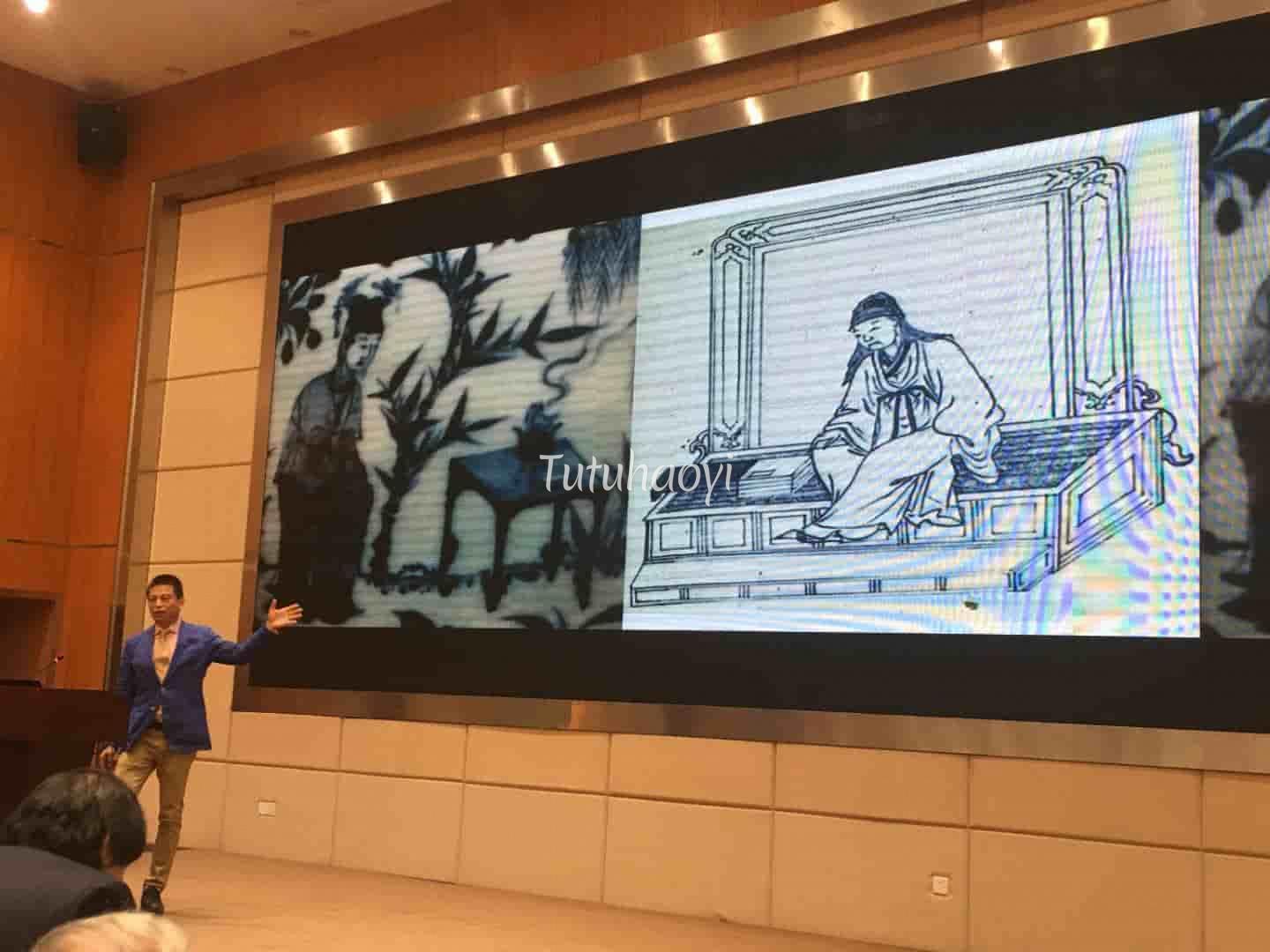
Dr Ni:
Many of the scenes adorning traditional Chinese porcelain and other decorative art works were originated from early primers educating people as well as children in ancient China. These stories and their illustrations on things surrounding people served as ‘poor man’s bible’, teaching them basic values and correct codes of behaviour in order to achieve social harmony. Deciphering these scenes whose meanings are obscure to contemporary people correctly will enable us to understand Chinese cultural heritage better and know the crucial question of ‘Who we are’. Moreover, an art work with a clear historically significant story will definitely interest its owner and potential buyer and thus substantially increase its value.
Editor:
Thank you, Dr Ni. Can you show our readers some of your valuable works that were published in various journals or books on Chinese art? I hear that in those articles you have, for the first time, decoded the figures and story scenes in the images on some Chinese artworks as far back as in Song Dynasty (see example of ‘Fish turning into dragon’).
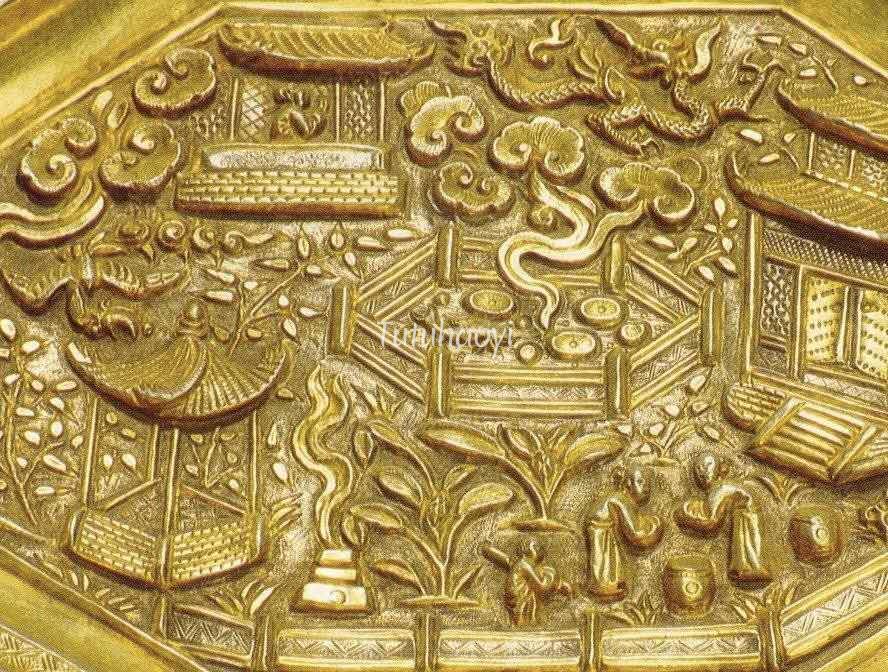
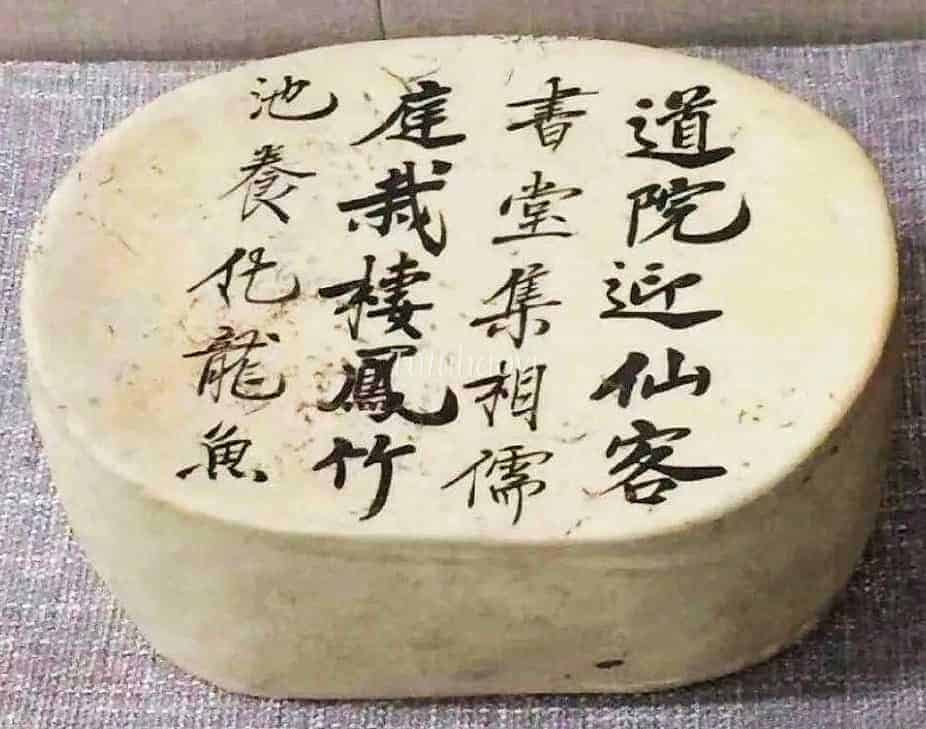
Dr Ni:
I have published many articles with my then new findings in a lot of art journals and books since the end of the last millennium, in both Chinese and English. But earlier on internet was not popular so it is hard to trace for the digital copies online nowadays. I am very happy to share with my readers some photocopies of my articles in which my findings have become the basis of other scholars’ research on Chinese iconography later, either properly referenced or taken without acknowledgement. (laugh)
